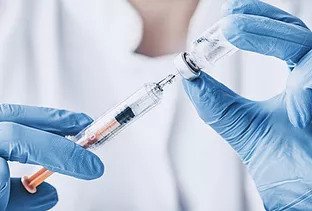B12 shots refer to injections of vitamin B12, a water-soluble vitamin that plays a crucial role in various bodily functions. Vitamin B12 is essential for the formation of red blood cells, the proper functioning of the nervous system, and the synthesis of DNA. It is primarily obtained from animal-based foods such as meat, fish, eggs, and dairy products.
Some individuals may require B12 shots if they have a deficiency or have difficulty absorbing vitamin B12 through their diet. Certain medical conditions, such as pernicious anemia or gastrointestinal disorders, can impair B12 absorption. In such cases, healthcare professionals may administer B12 injections to bypass the digestive system and deliver the vitamin directly into the bloodstream.
B12 shots typically contain a concentrated form of vitamin B12, usually cyanocobalamin or methylcobalamin. Cyanocobalamin is the synthetic form of B12 commonly used in supplements and injections, while methylcobalamin is the naturally occurring form. Both types of B12 can be effective in addressing deficiencies.
B12 shots are typically administered in the muscle (intramuscular injection) or, less commonly, under the skin (subcutaneous injection). The frequency of B12 injections and the duration of treatment depend on the individual's specific circumstances and the severity of their deficiency.
It's important to note that B12 shots should only be taken under the guidance and supervision of a healthcare professional. They are not typically recommended for individuals who have normal B12 levels or can meet their dietary requirements through food sources or oral supplements.




 LinkBack URL
LinkBack URL About LinkBacks
About LinkBacks

 Reply With Quote
Reply With Quote